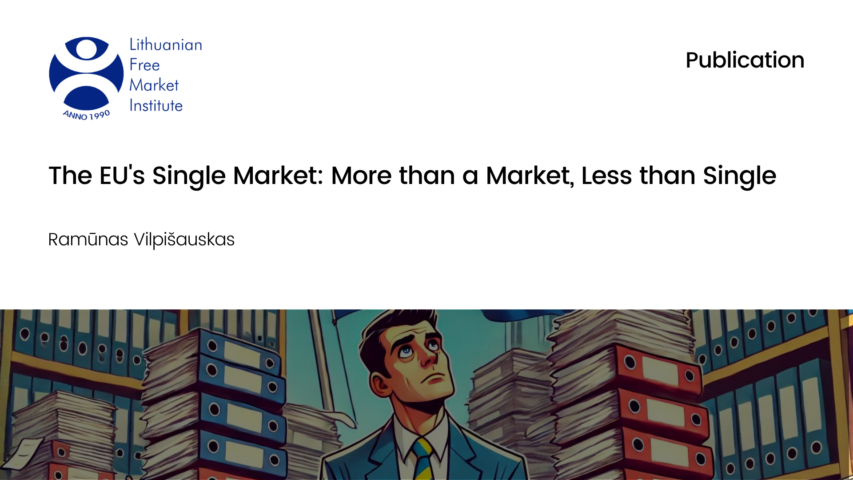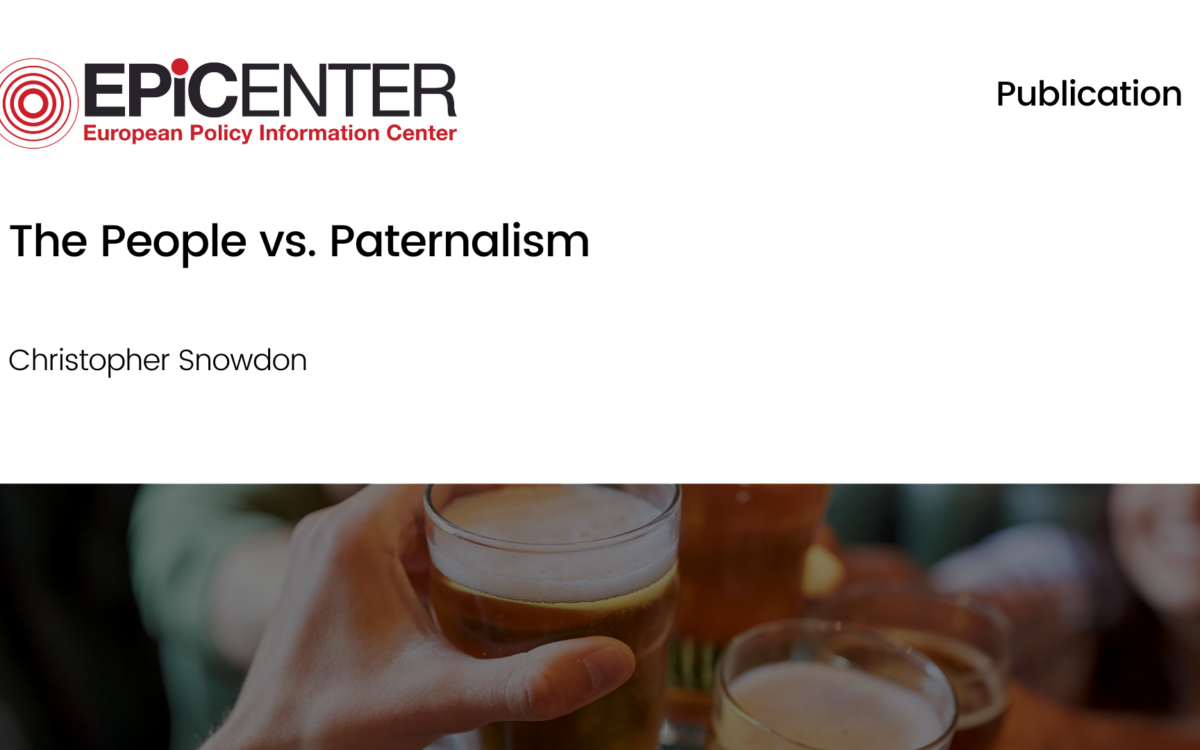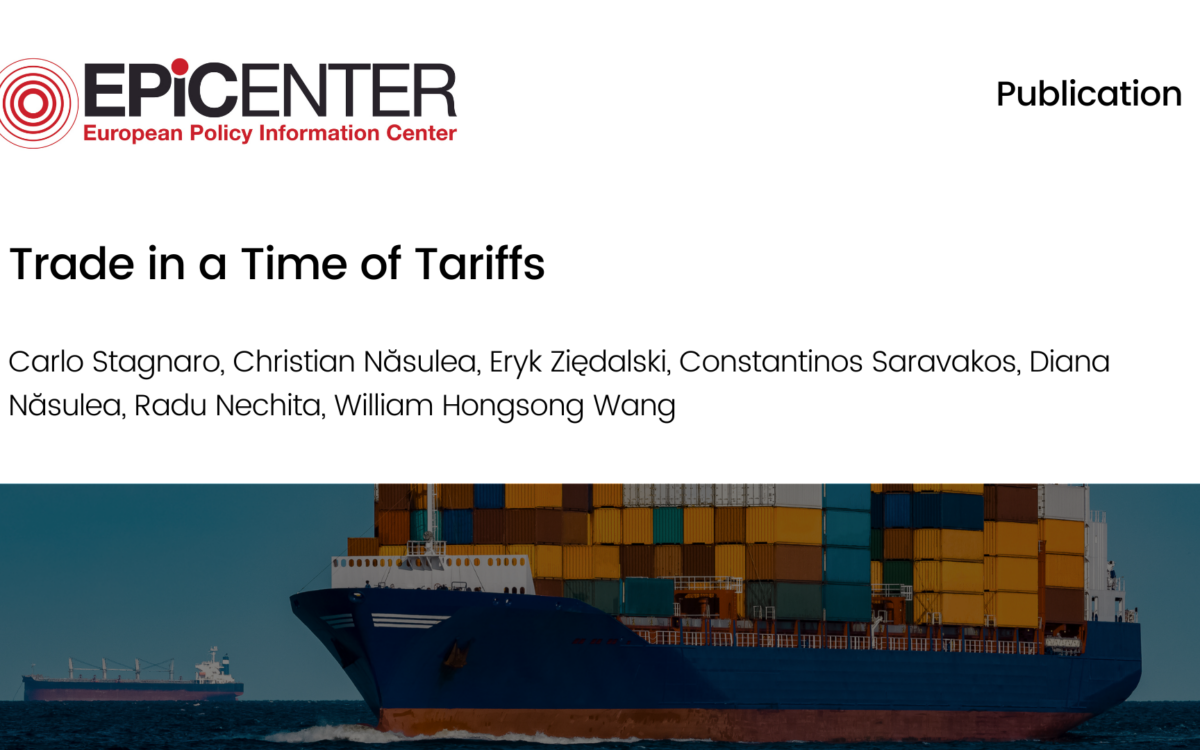The EU’s Single Market: More than a Market, Less than Single

The EU's Single Market: More than a Market, Less than Single
Ramūnas Vilpišauskas // 18 July 2024
For over thirty years, the single market has been celebrated as the European Union‘s greatest achievement. It has contributed to the prosperity of its member states by lowering barriers to cross-border exchange and increasing trade, competition, and welfare.
The single market is one of the main incentives for joining the EU, contributing to many successive enlargements of the Union including the ’big-bang‘ enlargement twenty years ago, which transformed Europe and contributed to the economic convergence of new member states.
However, in the last two decades, a gap has emerged between the EU’s political statements on the significance of the single market and the enforcement of its principles by member states.
EU institutions and their advisors like Mario Monti and Enrico Letta have tried to expand the notion of the single market to include the harmonisation of many sectoral and redistributive policies. At the same time, analysts and business associations have been increasingly vocal about the lack of progress in removing discriminatory barriers to crossborder exchange – in particular, the provision of services – and the disproportionate regulations adopted at the EU level.
The European Parliament elections in June 2024 started a new political cycle of the EU. Together with other EU institutions, the newly formed European Commission will have to decide on many complex and diverse tasks, ranging from continuing collective efforts to support Ukraine and managing the resulting geopolitical tensions to convincing increasingly sceptic voters in the Union‘s member states about the value of European integration.
Renewed, more focused efforts aimed at advancing single market integration, and consistent attention to enforcing its principles on the ground, should be among the new priorities of the European Commission and Union’s member states.
The actual (as opposed to rhetorical) advancement of the single market and its enlargement remains a significant potential source of economic growth and shared prosperity. This growth will be necessary to generate the finances required to fund defence, education, healthcare, and other public services in the future, in addition to managing structural transformations and cross-border crises.
Download or share this publication
View the PDF
EPICENTER publications and contributions from our member think tanks are designed to promote the discussion of economic issues and the role of markets in solving economic and social problems. As with all EPICENTER publications, the views expressed here are those of the author and not EPICENTER or its member think tanks (which have no corporate view).



